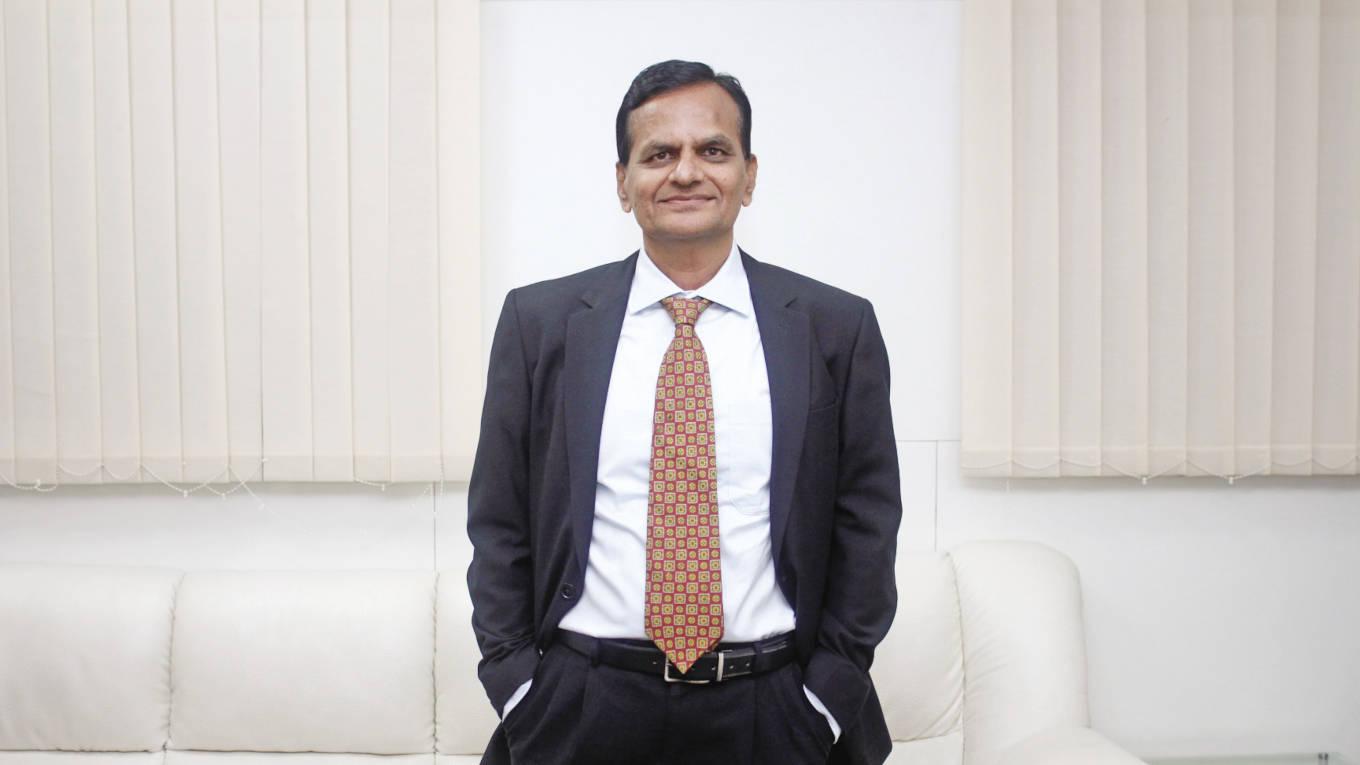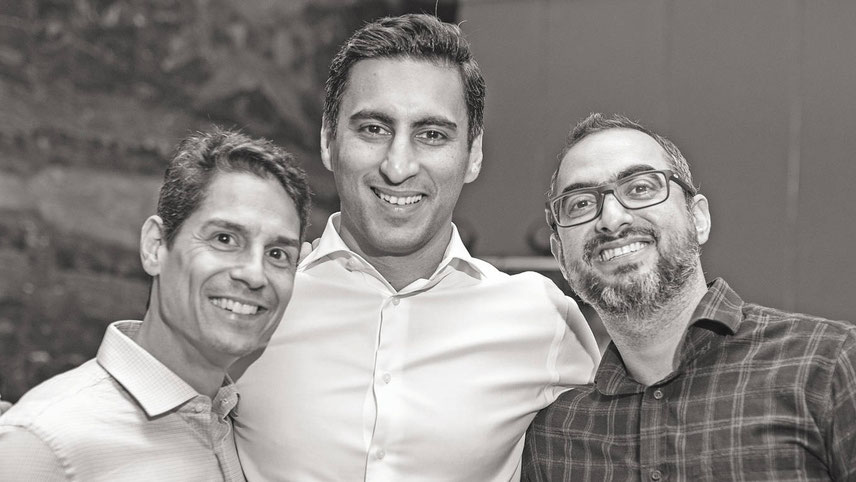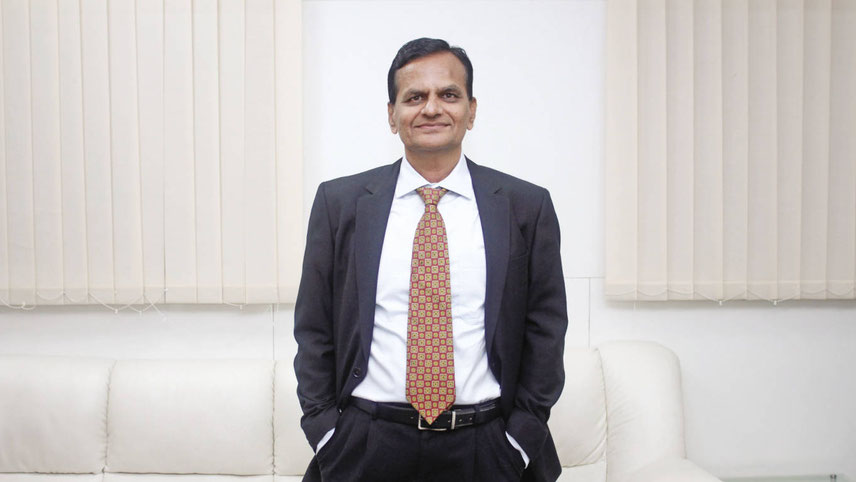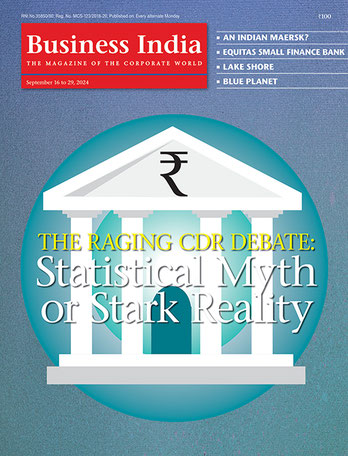-
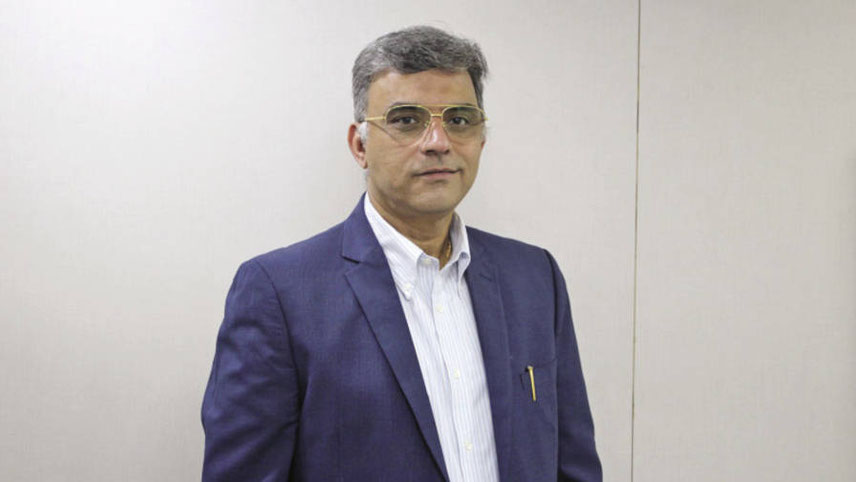
Vaidyanathan: servicing the underserved
The floating reserve of Rs180 crore created in the first quarter of FY25 and the subsequent increase in the provision coverage ratio to 70 per cent are some of the steps the bank has taken to ensure a smoother transition to becoming a universal bank. The bank is also remodelling its asset mix. From 53 per cent of the total asset book in the pre-demonetisation days, micro-finance loans currently contribute just 17 per cent. Housing loans have increased and currently contribute 12 per cent. Financing small businesses accounts for the bulk of its assets at 39 per cent. The loans given to these businesses are invariably mortgaged against house properties.
In vehicle finance, which is one of the more lucrative businesses in Southern India, the company has changed its strategy and is focusing on used commercial vehicles and cars. The bank, which has long been diversifying its asset book, is now planning to introduce new products. “We have two new products that we will be launching—personal loans and credit cards, largely targeting existing bank customers. We will also target non-bank customers, but our principal focus for both personal loans and credit cards will be existing customers,” points out Vasudevan.
The bank is also betting big on the Forex AD 1 Licence it has received from the RBI. Earlier, it had the AD 2 licence, which allowed it to conduct a restricted level of activity in the foreign exchange currency markets. The AD 1 licence allows banks to do everything, including inward and outward remittance. They can lend in foreign currency to SMEs engaged in export and import activities.
“We can provide packing credit. We can discount foreign bills. We can offer the entire range of products and services, including inward domestic remittance and outward remittance. For example, if someone wants to go abroad for education and remit money to their children, we can facilitate that. We can issue forex cards for travellers — everything. The entire gamut can be managed by an AD 1 licence holder.”
Through its 400 branches, it can also offer better products to its NRI customers. It will be targeting customers in Punjab, Tamil Nadu, Gujarat, and Kerala. Of its total branches, the highest number is in Tamil Nadu. The bank currently has an NRI book of Rs2,500 crore, servicing 15,000 customers across 115 countries.
Like other small finance banks, Equitas is also planning to leverage technology to provide faster and quicker services. “We offer quite a few services on the digital side. In our B2C segment, we offer prepaid cards and facilitate seamless transactions,” says Murli Vaidyanathan, Senior President and Country Head — Branch Banking Liabilities, Products, & Wealth.
A career banker with over two decades of experience, Vaidyanathan is a strategic banking leader who has earlier worked with Kotak Bank, ICICI Bank, and Citi Bank. An alumnus of IIM Ahmedabad, who has a strong understanding of retail products and investments, he left his prestigious career to focus on what he terms “building social capital through servicing underserved populations at the bottom of the pyramid”.
-
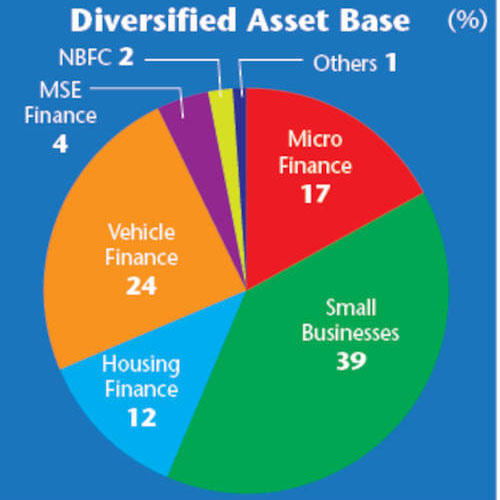
Equitas already has a mobile banking facility and is working on a super app that will allow customised solutions for customers with different needs. If a customer wants loans, there will be a homepage that directs them to the loan section, while a customer seeking mutual fund advice will be guided accordingly. The bank has tied up with an international company to manage the backend part of this app.
Another app, dubbed the Selfie app, introduced a few weeks ago, has gained good traction, with nearly Rs55 crore disbursed to customers who downloaded the app, clicked their selfies, and made loan applications to the bank for quicker appraisal and disbursement. For NRIs, it has set up virtual relationship banking officers. These officers will offer services to customers in their time zones and differ from the relationship managers assigned to account holders.
Like other banks focusing on building a new customer base, Equitas is focusing on families. To provide wealth creation services, it has tied up with Aditya Birla Financial Company. It has also partnered with multiple insurance companies to provide investment and advisory services. Besides third-party insurance, Equitas offers ATM-cum-debit cards and non-credit offerings, including the issuance of FASTag.
While Equitas Bank may ultimately become a universal bank, the major challenge it will face is “how will it scale up to meet the competition?” asks Deven Choksey, promoter of KR Choksey Group, a Mumbai-based wealth management and investment advisory group. “Many universal banks are unable to differentiate themselves, often resulting in them becoming ‘me-too’ banks. The problem is scaling up and doing so quickly. Acquiring customers is a big challenge. Even with the best technology, IDFC Bank has struggled to scale up. Competition from players like Jio Finance is already heating up. Bajaj Finance and Bajaj Housing are also planning significant expansion.”
Equitas, which has made a mark in SME loans, is planning to enter the credit card and personal loan segments. While this will certainly help scale up its loan book, the move also carries risks. In the case of providing unsecured loans, there is a good chance of NPAs rising rapidly. Unless Equitas scales up quickly, the NPA as a percentage of its total assets could again create a hindrance. Vasudevan, however, points out that “the credit cards and personal loans will be primarily for existing customers”.
However, mobile banking apps for personal loans and digital approvals can only go so far. Large commercial loans require a different mindset and specialised appraisal skills. While Equitas Bank does have a good set of professionals, “Vasudevan is a visionary and is currently investing in building platforms to enable a smooth transition to a universal bank”, says A Balasubramanian, MD of Aditya Birla Mutual Fund. “I am confident that the bank will add value to shareholders as it scales up its non-credit businesses, such as wealth management. Focusing on families instead of merely chasing potential customers is a good initiative, and as a universal bank, it will also be able to focus on wholesale banking.”
-
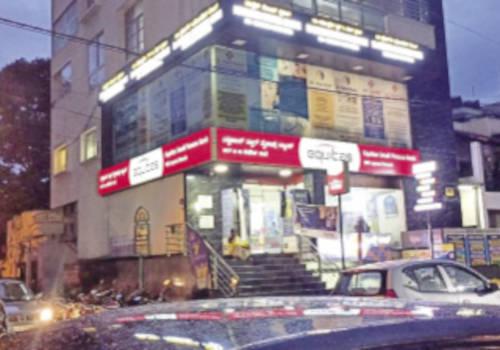
Equitas Bank: focussing on families
It will be some time before the small bank transitions to becoming a universal bank. For the current quarter, the bank posted a PAT of Rs25.7 crore on a total income of Rs1,710 crore. The profit for the corresponding period of FY24 was Rs1,540 crore with a PAT of Rs198 crore. The profit this time was arrived at after considering a provision of Rs180 crore towards the floating reserve. Even after taking this into account, the bank must put its best foot forward to ensure that its profits exceed the near Rs200 crore earned in September 2023. ‘Looking beyond banking’ is a good tagline for the bank, as is its commitment to allocating 5 per cent of its net profit to CSR activities.
Shareholder value
Equitas made a Qualified Institutional Placement in 2022, raising capital of Rs500 crore by allotting shares at Rs53.59. Over the last two years, share prices have doubled from Rs47 on 5 September, 2022, to the Rs82-84 level. Over the past year, the share price has moved between Rs80 and Rs100. The next move will probably be after the next quarter and the management’s assessment of performance.
The company does not have any promoters listed among the shareholders. The bulk of shares, around 39 per cent, are held by mutual funds. SBI, HDFC, and Franklin Templeton each hold more than 5 per cent. FIIs and FPs hold around 20 per cent, with the remainder held by other shareholders. Resident shareholders hold around 15 per cent. The fact that the bank has so many qualified investors is an indication that shareholders are awaiting better times ahead for the bank.
Equitas shareholders may have to wait some more time to see Equitas Small Bank transition to a universal bank. However, given its track record of successfully transitioning from a private firm to an NBFC and then to a Small Finance Bank, it is likely that Equitas will obtain a universal banking licence over the next few years. If AU Small Finance Bank receives a licence ahead of them, as is likely, they can probably learn from that experience.
Being the first and being the best are not interchangeable. Once the universal bank starts competing against larger NBFCs and specialised housing NBFCs, it will have the opportunity to prove its mettle. However, the first step is to transition to a universal bank.
